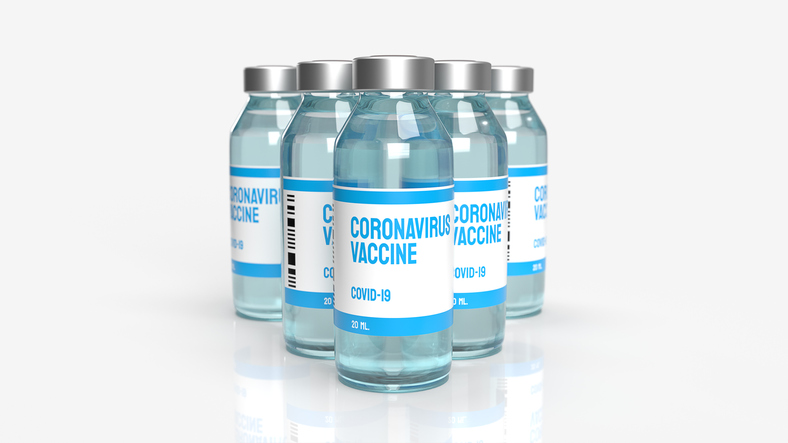Sethan Wilder’s cardiovascular issues began early in life and continued for many years until a heart transplant was his only option.
When Sethan Wilder heard the heart he had been waiting for was available, the range of emotions he’d been feeling in the months prior seemed to all come back at once.
“Not just the news that I was in need of a heart transplant, but that I was lucky enough to have the opportunity to have a heart transplant,” the 28-year-old said. “I can’t say the news made me happy or sad necessarily, if anything it made me eager to take on this new challenge and all that comes with it. Read the full story in Michigan Health.









